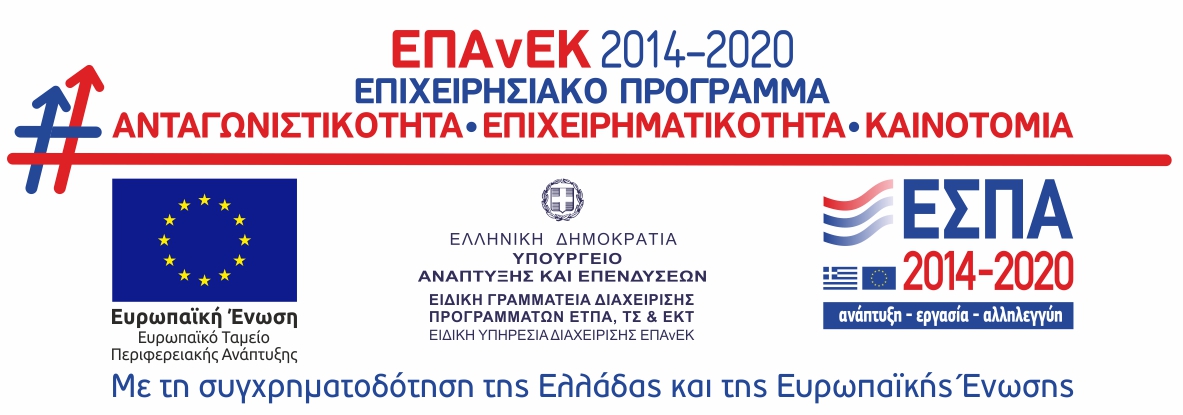If you have experienced rail travel in the UK over the decades, as I have, you will have noticed some significant changes.
For one the one thing they are on time much more these days, and they simply go faster. I can now travel from Glasgow to London in a little over 4 hours - this was unheard of 20 years ago. Maybe even 10. The trains move more smoothely, too, and are quieter. In fact, if you like a really quiet train journey, then you can opt for the ‘quiet coach’ in which you are supposed to be, well, quiet. Which means no using your mobile phone - whisper if you must, but DO NOT LET IT BE HEARD RINGING – OH NO! THEY’LL THROW YOU OFF (just kidding) - certainly no screaming kids and, if you want a meeting with the four of you round a table and four seats, then you really ought to be in another coach. Most obey the rule. Some do not. British cultural etiquette usually requires that you stare the offenders into obedience, before you take the monumental chance of actually telling someone to be quiet. The food is better, too, but this is about language!
Trains have brought about a rail-speak all of its own. For one thing, when hearing the annoucements over the loudspeaker, we now referred to as customers instead of passengers. These announcements, as befits a truly multi-cultural Britain, are often made by a non-native speaking announcer, usally Indian or Pakistani or from Eastern Europe. Publishers: change your audio components immediately!
The next change isn’t really a change, as such, but simply a pronunciation issue, more obvious to me now that I travel so much by rail in my country. It’s the pronunciation of the letter ‘h’, as in the announcement Passengers, I mean, customers wishing to purchase snacks from the snack bar can find this located in coach H. Except I rarely here it pronounced as /eɪtʃ/ but more and more as /heɪtʃ/ or /haɪtʃ/, the point being that we are hearing the /h/ sound. It sounds wrong. We know that H is /eɪtʃ/ - we don’t need to hear the aspiration.
Next up is grammar. Oh, the grammar of the personal pronouns in a moving train! I’m thinking of me or us: simple, mono-sllyabic object pronouns. Nothing wrong, then, with saying Welcome aboard the 7.30 service (a service, you note, not a train) to London Euston. My name is Debbie and if you have any questions or need any help, please do not hesitate to contact me. But this is seldom what you hear. These days you will normally hear . My name is Debbie and if you have any questions or need any help, please do not hesitate to contact myself. Myself? Myself! Why reflexive? I hate it. There’s no need for it. It’s wrong and it’s everywhere. If you go into a shop, the assistant these days will normally say something like Ah, yes, a new suit. Good idea. Is it for yourself? Yourself! What’s wrong with just me or you? Well I know why. Sadly, I think we are so polite that somewhere along the line (or track…) we find the rather abrupt nature of one syllable simply too offensive. Two syllables seems more polite. That’s my theory, and I’d love to hear others. All I know is that this usage has emerged, it’s here to stay, I don’t like it, and I hear it mostly on trains.
Vocabulary. Hmm, well we’ve already looked at customer vs passenger and service vs journey or train, but what about getting off? For example the helpful annoucement on arriving at a station should be …and remember to collect all your belongings when getting off this train. Nothing wrong with that. Nice high frequency phrasal verb, too. But no. For some reason, we hear the rather extraordinary appearance of some archaic verb such as alight. We alight from train now. So the annoucment now is …and remember to collect all your belongings when alighting from this train. Apart from the fact we’ve now gone back to calling the train a train and not a service we’ve dug deep into the bowels of the English lexicon and come up with alight. Why? I have absolutely no idea, and you wouldn’t want to teach it, but there it is. Everyday usage, take it or leave it. Or alight from it.
I realise I mentioned ‘arriving’ just now. On train annoucements, we don’t seem to arrive in a place, or at but rather into, as in the very normal Ladies and gentelmen we will shortly be arrving into Manchester. Using into is too much, isn’t it. Or is it me?
And when we do arrive in, at or into Manchester (or wherever), if it’s the end of the journey, we are told that this is where the train (not service!) will terminate. Terminate! Really? Wasn’t that verb always only transitive as in Arnie plays this guys who terminates people and stuff or We don’t like the way you work here so we have terminated your contract. But a train terminating? A train running a round with an Uzi 9mm machine gun, dragging its coaches behind in an urban masscare? Really? Terminate. Intransitive. Who knew?
Language change, as the linguist Jean Aitchison once put it, is either progress or decay, depending on your point of view. Perhaps it’s best seen as light at the end of the tunnel, or maybe an oncoming train.


